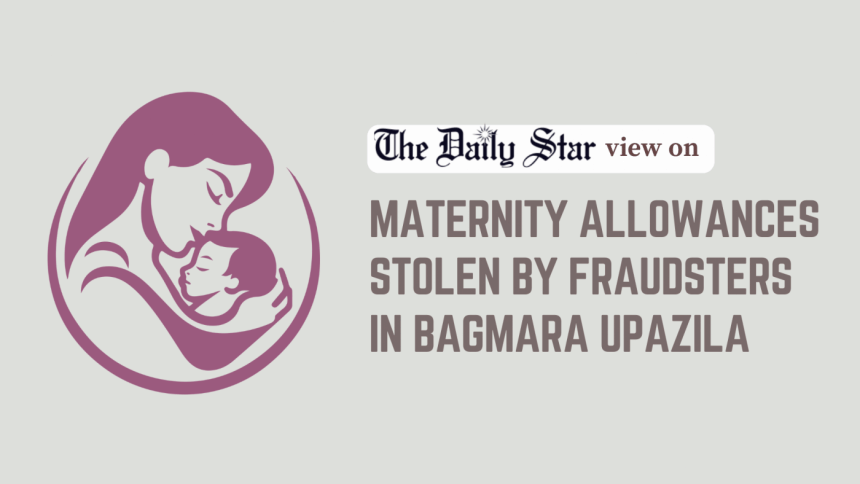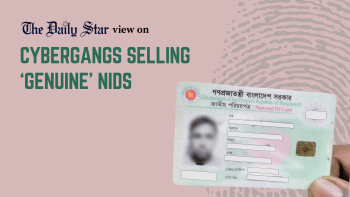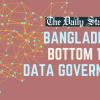Another case of identity fraud

It's alarming to learn that a fraud ring has digitally siphoned off the maternity allowances of nearly 2,500 mothers in Bagmara, Rajshahi. According to a report by Prothom Alo, the government, under its Mother and Child Support Programme, provides Tk 800 monthly to impoverished pregnant women and mothers of infants. However, in Bagmara, these allowances—disbursed through mobile financial services such as Nagad, Rocket, and bKash—were diverted to unauthorised accounts after the registered mobile numbers of beneficiaries were fraudulently replaced with other numbers. Some of the beneficiaries reported not receiving their allowances for months, only to discover later that their funds had been stolen.
This has naturally caused hardship for the affected mothers who depend on the allowance for essential needs such as nutritious food and infant care. We have earlier heard about beneficiary inclusion problems in this programme as well as instances of new enrolments being stalled or payments being suspended. The new development, however, points to a far serious problem, as it shows how vulnerable such support programmes for underprivileged communities can be to the increasingly ingenious identity fraud using digital platforms. In recent years, we have often come across similar reports on various government allowances being stolen, including by stealing the NID information of victims.
It is reasonable to think that such schemes cannot be pulled off without the involvement of insiders—those directly engaged in the allowance initiatives. In the Bagmara case, the victims have also blamed insider involvement, claiming that only the relevant department has the authority to modify their account information. Moreover, they said the fraud involved temporarily altering their mobile numbers before fund disbursement and reverting them afterward to avoid detection, indicating a coordinated action.
However this fraud has been committed, it is vital that the authorities get to the bottom of it and take necessary actions against those responsible. It is also imperative that they arrange for the return of stolen funds to victims, and critically review the safety protocols of all government support programmes. The goal of such programmes is to uplift the most vulnerable members of our society. Therefore, we must ensure that these are not only well-designed but also resilient against scams and irregularities.


 For all latest news, follow The Daily Star's Google News channel.
For all latest news, follow The Daily Star's Google News channel. 









Comments